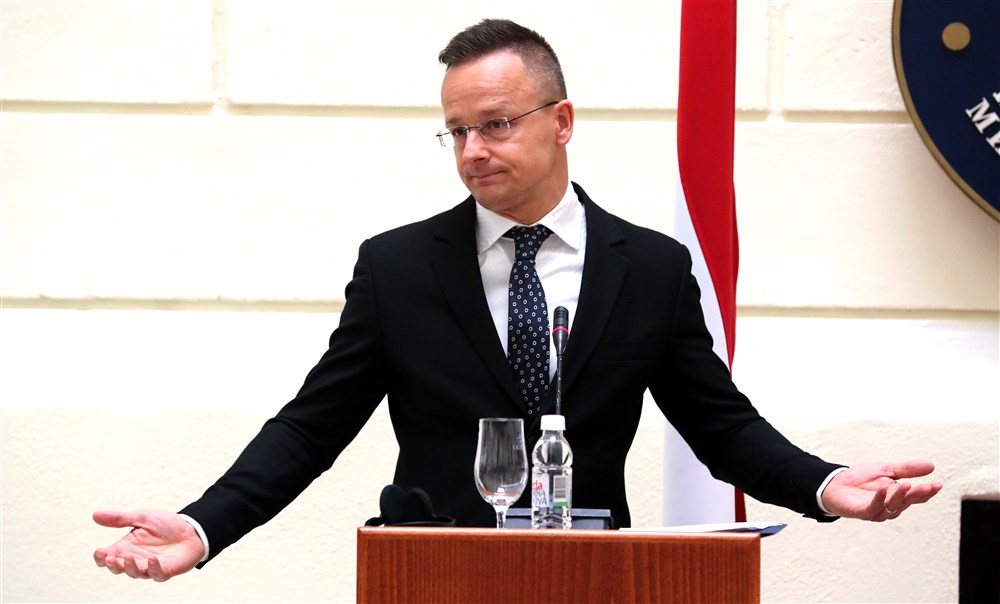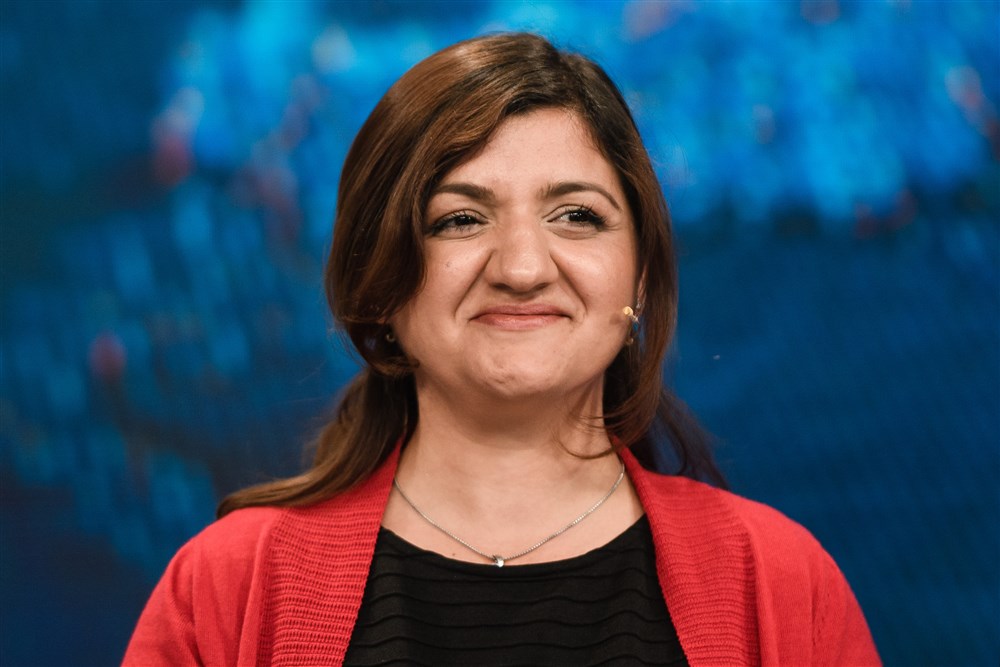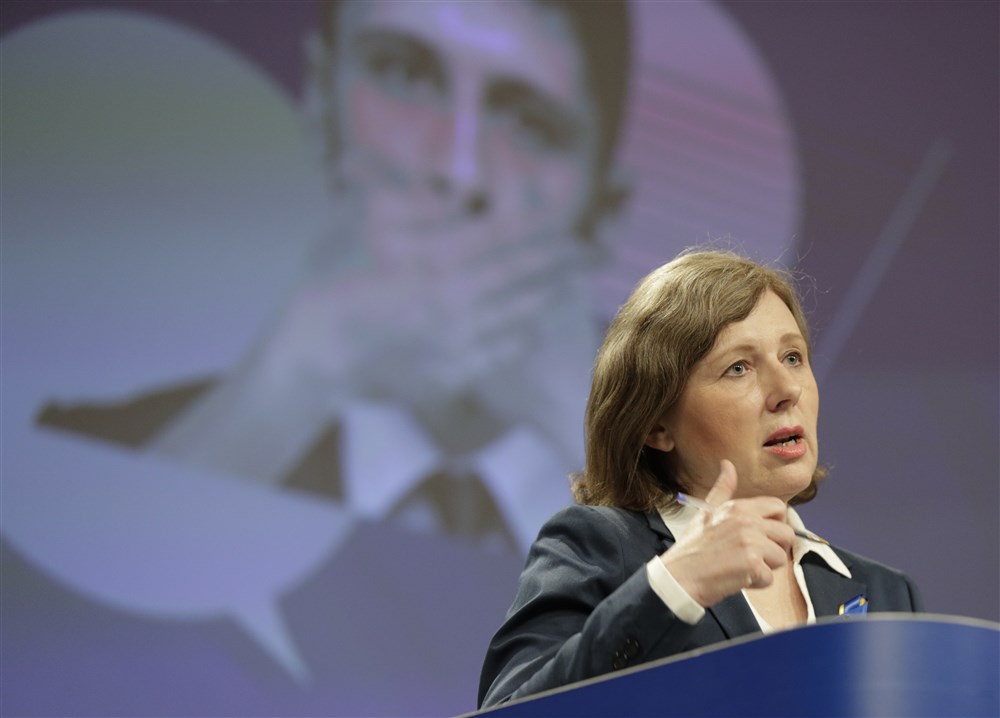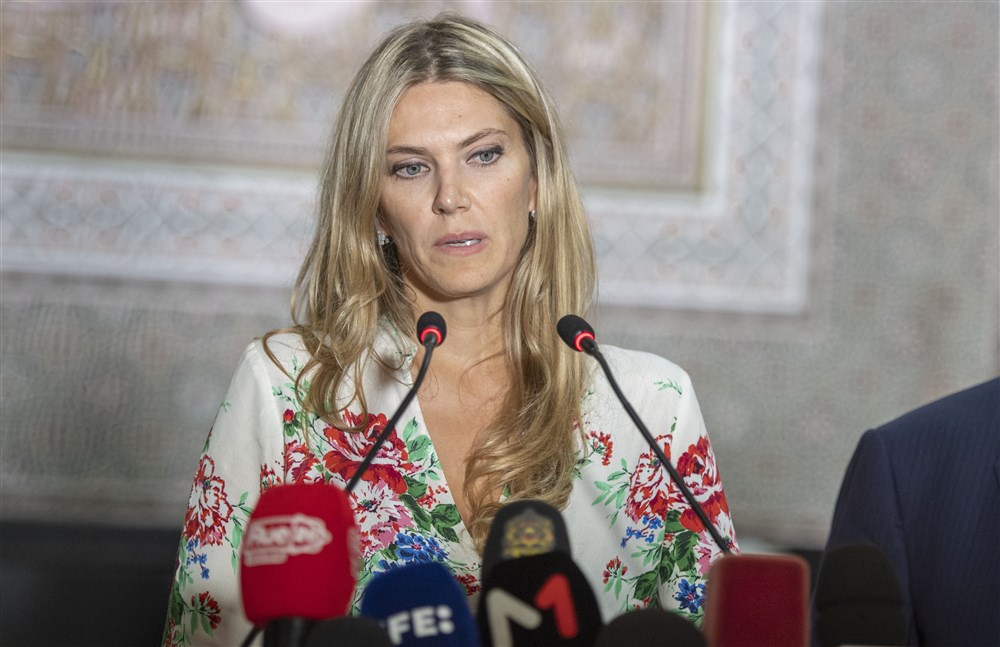For a long time it seemed as if the “spectre of Communism” has been thoroughly exorcised from Western Europe, but at least in Austria it seems to be enjoying something of a revival. So far this phenomenon has been limited to local and state elections, but chances are growing that the KPÖ (“Die Kommunistische Partei Österreichs” – The Communist Party of Austria) will be able to cross the required threshold of 4 per cent in the next federal elections scheduled for autumn 2024. Having been without a seat in the national parliament since 1959, one has to wonder what has changed.
First of all, it is important to note that, unlike in Germany, the Austrian Communist Party was never particularly successful. Their best result was 5.4 per cent in 1945, and even during the turbulent times of the interwar years they managed to get not even one per cent of the overall vote – compared to Germany, where the KPD in 1924 got 12.6 per cent of the overall vote share.
Austria has always been a staunch fortress of Social Democracy, but an electoral desert for the Communists. This is crucial, because a closer look at current elections show that it is less the appeal of Communism and more the crisis of Austria’s Social Democrats that explains the rise of the KPÖ.
The first major success took place in 2021, when Elke Kahr became the major of Graz, a city of 300,000 people and the second largest municipality after Vienna.
Downplaying ideology and promoting a personal style that consists of strong community involvement as well as calls for more expansive social programs has been the party’s recipe ever since. Kahr, for example, appears more like a social-worker turned politician than a communist firebrand. This does not mean, however, that her party is entirely devoid of that type. As the media started paying more attention to the party, it unearthed videos of members appearing on Belarussian State-TV, defending the Lukashenko regime and criticising EU sanctions.
The business of governing has turned out to be more challenging than expected: After two years in office, the city of Graz is teetering on the brink of insolvency.
This does not seem to have deterred voters in the state of Salzburg from casting their ballot with the KPÖ last Sunday. The final results of the state elections showed a vote increase from 0.4 per cent to 11.7 per cent under the leadership of the 34-year old museum guide Kay Michael Dankl.
Dankl, like Kahr, did not spend a lot of time on Communist ideology but focused instead on social issues like affordable housing. Asked about his and his party’s position on Putin and the bloody history of Communism, he replied that neither dictatorial tendencies nor leaving the EU are acceptable to him, adding that there are probably more Putin fans in the OMV (Austria’s largest petrochemical company) or the Austrian Chamber of Commerce.
Despite the working class rhetoric, the biggest turnout for the KPÖ was among university graduates and in urban centres, hardly the key demographic of of economic hardship.
The big losers of the elections are the Social Democrats, whose biggest nightmare is on the brink of becoming a reality: Another left-of centre party that could attract away its traditional voter base. The party has already been struggling with keeping the left-leaning members of academia in its fold, since this group tends to sympathise with the Greens, while older voters are shifting to the right-wing Freedom Party (FPÖ). The latter won 25.7 per cent of the vote, an increase of 6.9 per cent, after a successful campaign led by an even younger politician, the 30 year old Marlene Svazek. Just like the KPÖ, it is not so much enthusiasm for the party as it is growing frustration with the establishment parties.
The former chancellor and star of the Conservative party, Sebastian Kurz, was forced to resign amid rumours of the misuse of taxpayer funds in December 2021. This still haunts a party that liked to present itself as the consciousness of the nation.
The Social Democrats, on the other hand, are currently in complete disarray. At the time of writing the party is in the process of selecting a new leadership, as the current head of the party, Pamela Rendi-Wagner, no longer feels she has the trust of its base. She might still come out on top, but the party does not present itself as a unified bloc. Different factions that want to appease either the right- or left-wing parts of the party base are unable to agree on a common direction, so at present no one really knows what the party actually stands for.
While the success of the KPÖ is undeniable, one should put it into context: Just like frustration with the conservatives leads to an upsurge for the FPÖ, frustration with the Social Democrats leads to an upsurge for alternative left of centre parties. Under different circumstances these votes could have gone to the Greens, but since they are part of the national coalition government with the conservative party, their appeal for protest voters is limited.
In other words, even this remarkable success should not be taken as a bellwether for a general trend – that is, of course, unless the Social Democrats continue to lose their way.






